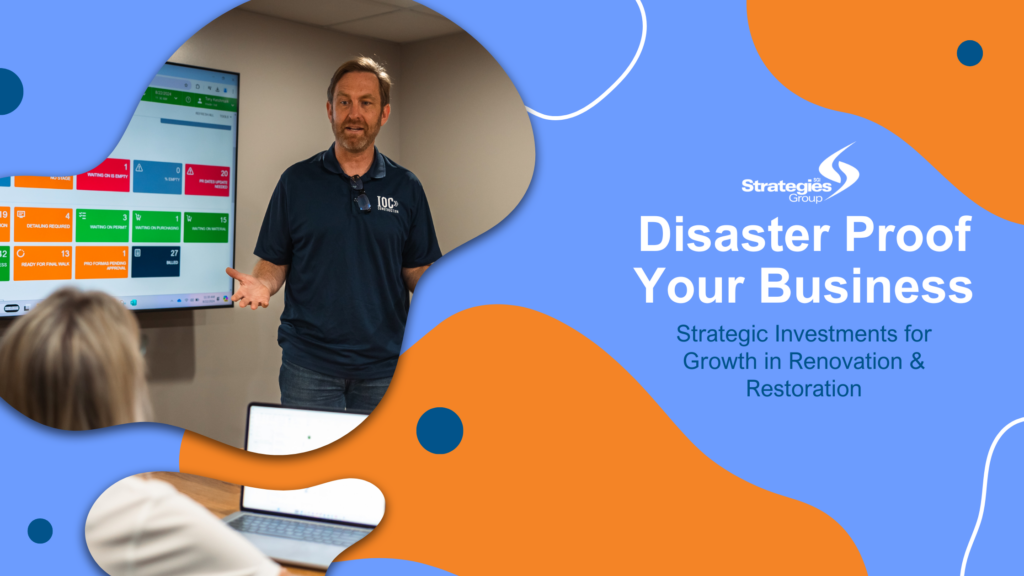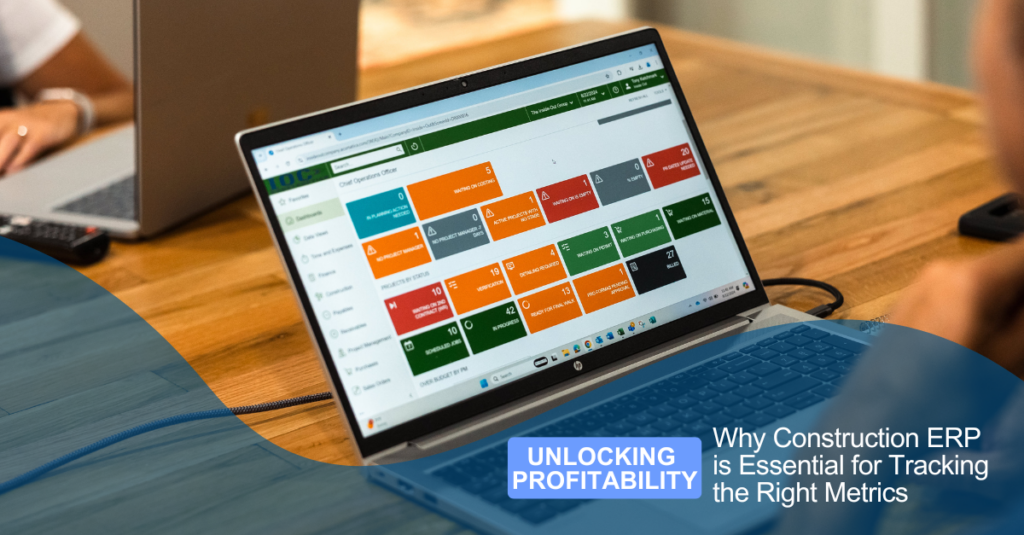
As you know, there are four main sectors of construction work, but as you may not know, each comes with unique construction ERP needs for the contractor. There are some universal needs such as access to critical data, report project management capability, fieldwork reporting, and AIA reporting and billing. Others needs are dependent not only on the sector but also on other factors including whether the project is publicly or privately owned and the occupancy classification for the building. OSHA compliance and certified payroll capabilities are crucial across the industry, and federally funded projects, especially in the heavy/civil sector, often require even more stringent standards and documentation. Following are four major construction types with ERP features contractors need to keep projects on budget and on time.
RESIDENTIAL CONSTRUCTION— SINGLE & MULTI-UNIT
Residential construction typically varies widely in scope and size. The clients could be individual landowners, specialty home builders, land developers, mixed-use/commercial developers, or local authorities such as public housing providers. Projects range in size from building a detached single-family home to building a community of single-family homes to building a high-rise complex that houses hundreds of residents and commercial businesses. All projects must comply with government building regulations. State and federally funded housing require certified payroll and surety bonds and strict OSHA compliance documentation. Because of project demands, if you are a contractor in this sector, you will need a fully equipped construction software that can manage OSHA compliance documentation, pull data to ensure profitability, deliver certified payroll, and provide remote access.
COMMERCIAL/INSTITUTIONAL CONSTRUCTION
Commercial construction runs a gamut of project types: office buildings, hotels/resorts, restaurants, sports facilities, shopping malls, and other retail businesses. The construction of privately owned university structures (libraries, dormitories) and hospitals also fall under this umbrella. These projects are typically medium to large and are almost always owned by non-government entities. Exceptions to this rule include buildings such as courthouses and offices for government agencies. As a commercial or institutional contractor, you will need a system that has the capability to file a mechanics lien to ensure payment on private projects or put up a bond for public ones. Lien waivers, insurance, and certificates of compliance must be able to be tracked closely within the solution.
INDUSTRIAL CONSTRUCTION
Examples of industrial construction structures include oil and gas platforms, refineries, processing plants, breweries and distilleries, steel mills, warehouses, factories, and power plants. These projects are commonly owned by privately held, for-profit corporations, although there are occasional government investments in this sector, particularly in power generation projects.
Many of these projects are highly specialized, and a great degree of careful planning and design is required. Contractors need highly-skilled, technical field personnel such as mechanical, electrical, and structural engineers on the job site. If you’re in this sector, you need a construction software with the ability to review drawing logs and submittals in the field for your highly specialized projects. Your job sites likely have more safety risks involved, and OSHA compliance and reporting are vital.
CIVIL/HEAVY CONSTRUCTION
The most frequent examples of civil/ heavy construction are infrastructure works. Bridges, tunnels, railways, highways, transit systems, airports, canals, dams, pipelines, and wastewater treatment plants are all excellent examples of this work. These projects are typically publicly owned, with the most common exceptions being privately owned airports, transit systems, and roads.
Some general contractors specialize in civil construction, while others will employ a civil engineer full-time for the duration of a project to be on the job site regularly. As with industrial construction as a civil contractor, you will need the ability to access and share drawing logs, submittals, daily field reports, and project issues in real-time. Being government-owned, certified payroll, certificates of insurance, surety bonds, and the ability to easily adhere to strict compliance management protocols and documentation are a must.
CHOOSE WISELY
Depending on your construction sector, you need a construction ERP that meets your specific needs. Be sure to pay attention to your unique requirements when deciding on which software is the right one for you. For guidance or more information on ERP and business management solutions contact us today!





